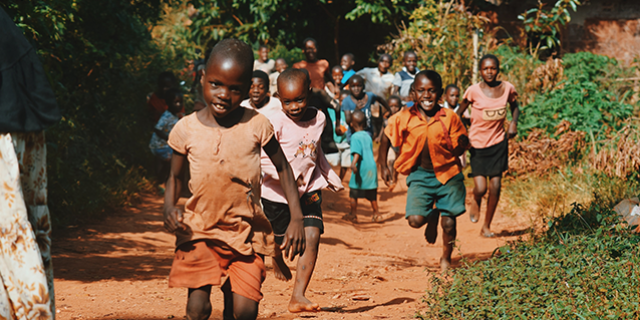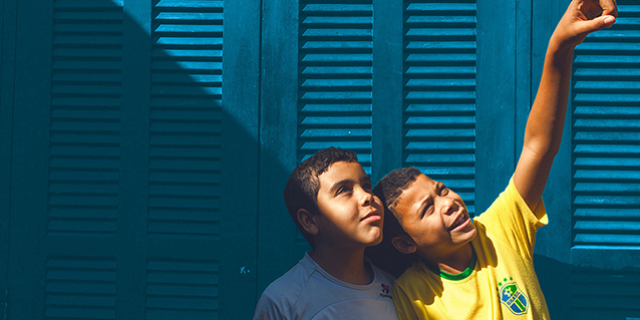The Out of the Shadows Index not only looks at the laws, policies, programmes, and initiatives that a country has in place to prevent and respond to CSEA, it also integrates outcomes data into each pillar to help measure the effectiveness of government action. For example, while 56 countries have laws prohibiting penetration between a minor and an adult, there is no correlation between this metric and the outcome metric "perceived enforcement level of statutory rape laws", indicating that the existence of laws protecting children against rape and other forms of sexual abuse might not be as effective in practice as they are on paper.














